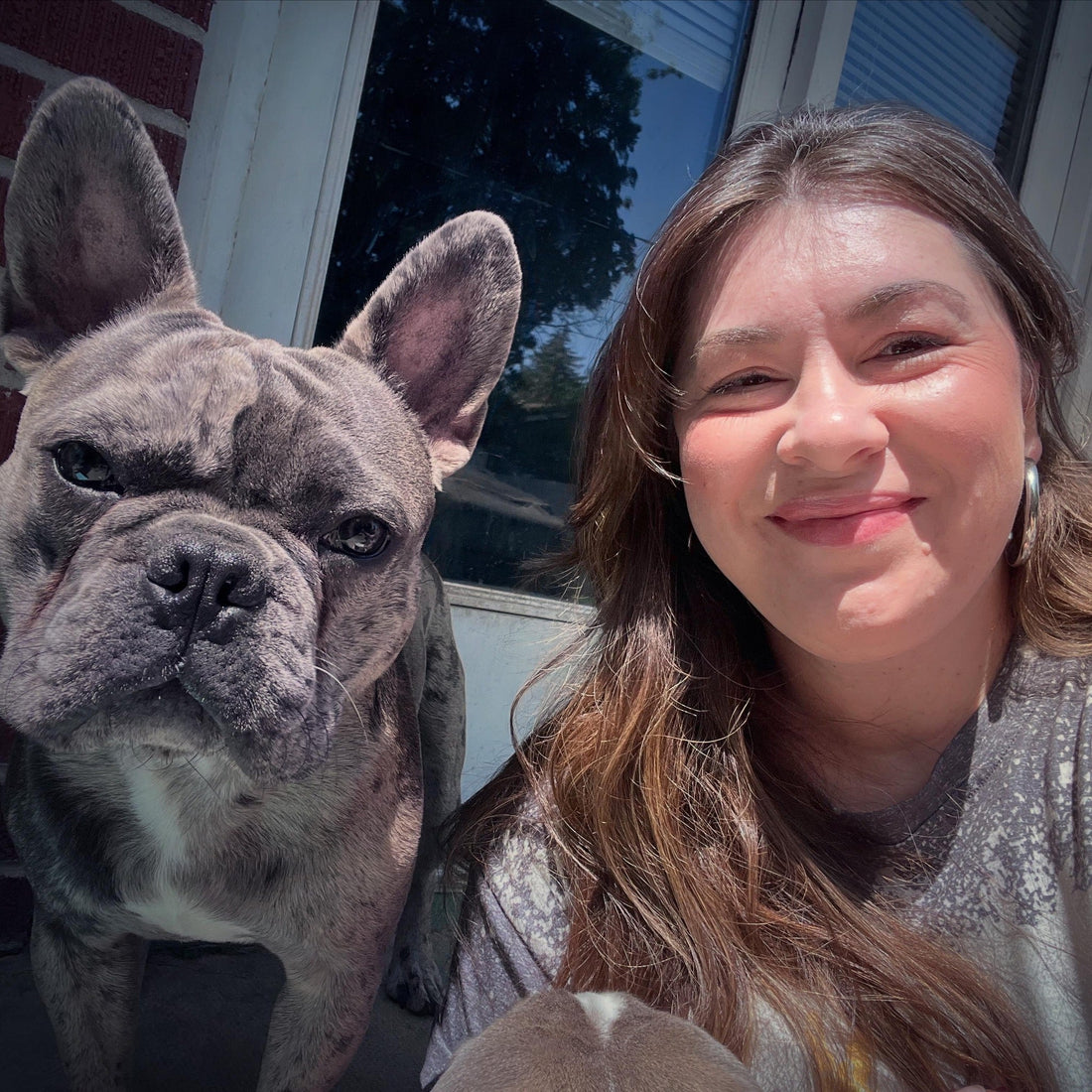
Growing Dreams and Grounding Roots: The Journey of The Plant House 208
Compartir
Starting a business is a lot like tending a garden—you plant seeds with hope, nurture them through unpredictable seasons, and trust that growth will come, even when progress feels slow. At The Plant House 208, we're in that tender, exhausting, exhilarating stage where the roots are taking hold, and the vision is starting to bloom.
Big Dreams, One Step at a Time
When I close my eyes and imagine the future of The Plant House 208, I see so much more than a website. I see a mobile plant shop rolling into neighborhoods, bringing greenery and connection directly to people's doorsteps. I picture workshops and events where people gather, get their hands dirty, and learn not just how to care for plants, but how to care for themselves. And yes, I dream of a storefront—a welcoming space where people can walk in, breathe deeply, and leave with something living that reminds them they're growing too.
But here's the thing about big dreams: they don't happen overnight. They require patience, persistence, and a whole lot of behind-the-scenes work that nobody sees.
The Unglamorous Reality of Growth
Right now, I'm working a lot of hours. Like, a lot. I'm fine-tuning pricing and shipping details, honoring our 30-day guarantee with care and integrity, revamping the website's aesthetics to make shopping easier and more beautiful, and continuing to explore horticultural therapy certification programs that align with my mission. Every decision matters. Every tweak counts. And honestly? It's exhausting.
In my years working in substance use disorder (SUD) treatment, I learned that growth is rarely linear. Clients don't just decide to change and then magically transform. They take two steps forward, one step back. They stumble. They get tired. They need support. And that's not failure—that's being human.
The same is true for building a business. Some days, I'm energized and inspired. Other days, I'm running on fumes, wondering if I'm doing enough, fast enough. But just like I used to tell my clients: progress doesn't have to be perfect to be real.
Normalizing the Need for Support
Here's something I wish more people talked about: even the helpers need help.
In my work with at-risk youth, domestic violence survivors, and individuals in recovery, I gave everything I had. I showed up, I listened, I advocated. But I also learned the hard way that you can't pour from an empty cup. Burnout is real. Compassion fatigue is real. And pretending you're fine when you're not? That's a fast track to burning out completely.
So right now, as I build this business and chase these dreams, I'm also scaling back where I need to. I'm leaning on my own professional supports—therapists, mentors, fellow entrepreneurs who get it. I'm prioritizing my mental and physical well-being, not as a luxury, but as a necessity. Because if I don't take care of myself, I can't take care of this business, and I certainly can't serve the community the way I want to.
And let's be honest: I also rely way too much on Mac, my Frenchie, for emotional support. He's become my unofficial business partner, my sounding board, and my reminder to take breaks (usually for snacks and naps). He's a good sport about it, even when I'm venting about shipping costs or website glitches at 2 a.m. But even Mac can't carry all of this—and he shouldn't have to.
There's no shame in needing support. Whether you're in recovery, building a business, navigating life's challenges, or all of the above—asking for help is a sign of strength, not weakness.
The Honest Truth About Growth
Here's what I've learned from both therapy work and plant care: growth isn't always pretty, and it doesn't always go according to plan.
In SUD treatment, I saw clients who had been through unimaginable hardship, who had relapsed, who had lost hope—and then, slowly, they started to find their footing again. They discovered their own strength. They built new support systems. They became versions of themselves they didn't know were possible. It wasn't a straight line. It was messy, nonlinear, and deeply human.
That's what I want The Plant House 208 to represent: a space for growth, second chances, and the belief that it's never too late to start again—even when things don't go perfectly, even when you're tired, even when you need help.
What's Next?
I don't have all the answers yet. I don't know exactly when the mobile shop will roll out, or when the first workshop will happen, or when (or if) that storefront will become a reality. But I know this: I'm committed to the process. I'm committed to doing this the right way, even when it's hard. I'm committed to honoring the mission, the plants, and the people who believe in what we're building.
And I'm committed to taking care of myself along the way—because sustainable growth, whether it's a plant, a person, or a business, requires strong, healthy roots.
So here's to the big dreams, the long hours, the small victories, and the courage to keep going even when you're tired. Here's to asking for help when you need it (and not just from your dog). And here's to believing that, with time, care, and a little bit of grace, beautiful things will grow.

